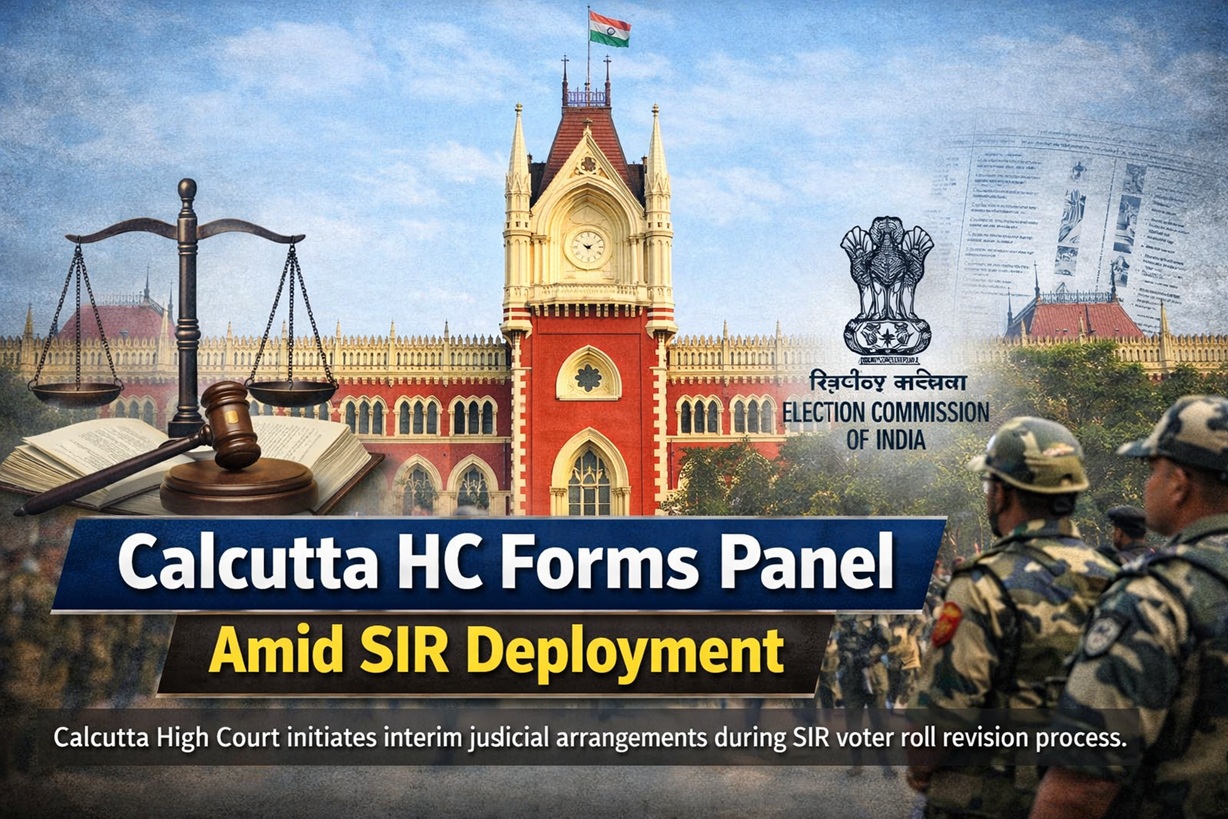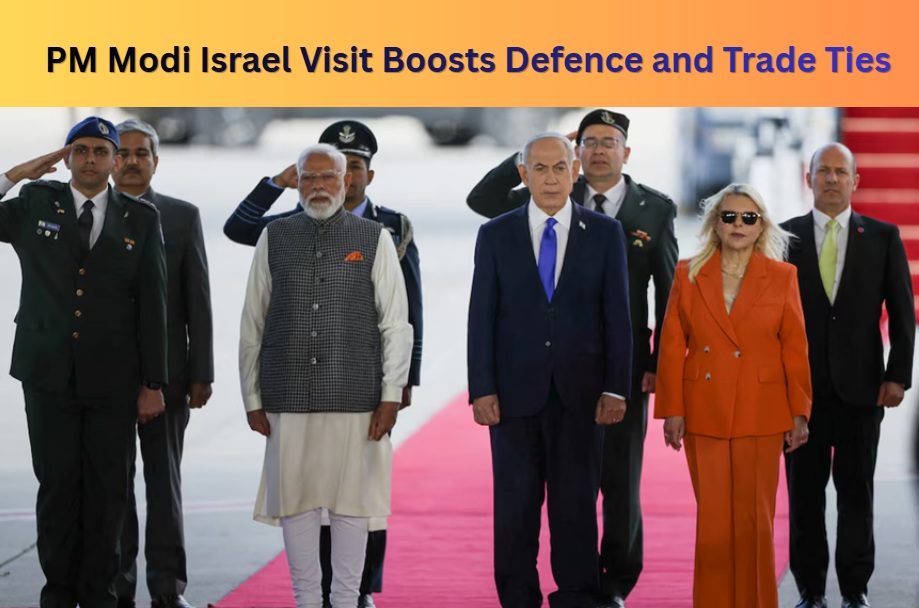In a significant turn of events, India’s Foreign Minister, S. Jaishankar, has made headlines with a bold stance against China. His recent statements underscore a pivotal moment in India’s foreign policy, marking a shift from the past and signaling a more assertive approach to managing its relationship with China. This article delves into the context, implications, and the broader global impact of Jaishankar’s remarks, examining how India is positioning itself in the face of growing Chinese influence.
Historical Context: India-China Relations
India and China, two of Asia’s largest powers, share a long and complex history. Their relationship has been marked by cooperation, competition, and conflict, with the border disputes being a significant point of contention. The 1962 Sino-Indian War left a lasting scar, and despite numerous attempts at dialogue, tensions have simmered, often flaring up into skirmishes, as seen in the 2020 Galwan Valley clash.
During the Congress era, particularly in the late 1990s and early 2000s, China’s economic presence in India grew substantially. Chinese companies were allowed to participate in critical infrastructure projects, including telecommunications and railways. However, this period also saw increasing dependence on Chinese imports, leading to concerns about national security and economic sovereignty.
Jaishankar’s Recent Statements: A New Approach
Foreign Minister S. Jaishankar’s recent statements mark a clear departure from the previous approach. Speaking at the E! World Leaders Forum, Jaishankar outlined India’s unique challenges with China, emphasizing the need for a careful and strategic approach. He highlighted that while economic growth is crucial, it should not come at the expense of national security—a principle that now underpins India’s foreign policy.
Key Points from Jaishankar’s Speech:
- Economic Caution: Jaishankar stressed that India must scrutinize foreign direct investment (FDI) from China carefully. While FDI is vital for economic growth, unchecked investments, particularly in sensitive sectors like technology and infrastructure, could pose significant risks to national security. This cautious stance reflects India’s broader approach to managing foreign investments, particularly those from China.
- Global Perspective on China: Jaishankar made it clear that the challenge posed by China is not unique to India. He pointed out that across the world, nations are grappling with the economic and security implications of China’s rise. From Europe to the United States, the focus on China has intensified, with many countries recognizing the need to address the strategic challenges posed by Beijing.
- National Security over Economic Gains: One of the most critical aspects of Jaishankar’s speech was his emphasis on national security. He argued that for India, economic development must not compromise national security. This principle is particularly relevant in the context of China’s investments in India, where economic ties have often been viewed with suspicion due to the broader strategic rivalry between the two nations.
The Broader Context: Modi’s Strategic Vision
Under Prime Minister Narendra Modi, India’s foreign policy has become more assertive, with a clear focus on enhancing national security and positioning India as a global power. The Modi government has taken significant steps to reduce dependency on Chinese imports, promote self-reliance through initiatives like “Atmanirbhar Bharat,” and strengthen alliances with other major powers.
Key Initiatives and Policies:
- Technological Exclusion of China: The Modi government has systematically excluded Chinese companies from participating in India’s critical infrastructure projects, including the rollout of 4G, 5G, and future 6G networks. This move is part of a broader strategy to protect India’s technological sovereignty and reduce vulnerability to potential Chinese espionage.
- Ban on Chinese Apps: In response to security concerns, India has banned numerous Chinese apps, including popular ones like TikTok and WeChat. This action has set a precedent, with other countries following suit, reflecting India’s role as a frontrunner in the global pushback against Chinese digital influence.
- Rejection of Chinese Contracts: The government has also canceled several contracts awarded to Chinese firms in sectors like railways and power, redirecting these opportunities to domestic or other foreign companies. This is seen as a move to safeguard India’s critical infrastructure from Chinese influence.
The China Factor in Indian Politics
Jaishankar’s speech also indirectly addressed the domestic political dimension of India’s China policy. The Congress Party, which ruled India for much of its post-independence history, has been criticized by the current government for its handling of China. The BJP, led by Modi, has accused the Congress of allowing Chinese companies too much access to India’s critical sectors, which they argue has compromised national security.
A particularly contentious issue has been the Memorandum of Understanding (MoU) signed between the Congress Party and the Communist Party of China. Critics allege that this MoU facilitated Chinese investment in India without adequate scrutiny, leading to potential security risks. Jaishankar’s comments can be seen as a critique of this period, emphasizing the need for a more vigilant and strategic approach to China.
Global Reactions: A Shift in Perception
The international community has taken note of India’s evolving stance on China. A recent report by the Shanghai Institute for International Studies acknowledged that China had underestimated India’s strategic resolve and economic progress. The report noted that China’s assumption that Modi’s power would weaken after the 2024 elections was a miscalculation, with India instead emerging stronger and more assertive on the global stage.
This shift in perception is significant. China, which once viewed India as a lesser rival, is now forced to reassess its strategy. The acknowledgment from a Chinese think tank that Modi’s government has outmaneuvered China is a testament to India’s growing influence and strategic acumen.
India’s New Role in the Global Order
S. Jaishankar’s remarks reflect a broader shift in India’s foreign policy, one that is more assertive, strategic, and security-focused. Under Modi’s leadership, India is not only standing firm against China but is also emerging as a key player in the global effort to address the challenges posed by Beijing’s rise.
India’s approach, which balances economic growth with national security, is being closely watched by other nations facing similar challenges. As India continues to assert its position on the global stage, its handling of China will be a critical aspect of its foreign policy, shaping the dynamics of Asia and beyond in the years to come.





